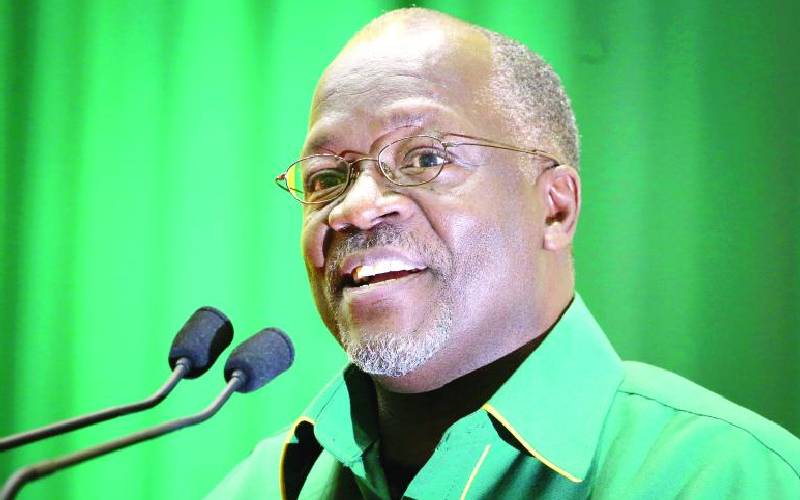×
The Standard e-Paper
Stay Informed, Even Offline

Tanzania holds its elections on October 28, 2020. Tanzanians will have the opportunity to affirm their faith in President John Maguli’s leadership or show him the door. Magufuli (pictured) was elected president in 2015.